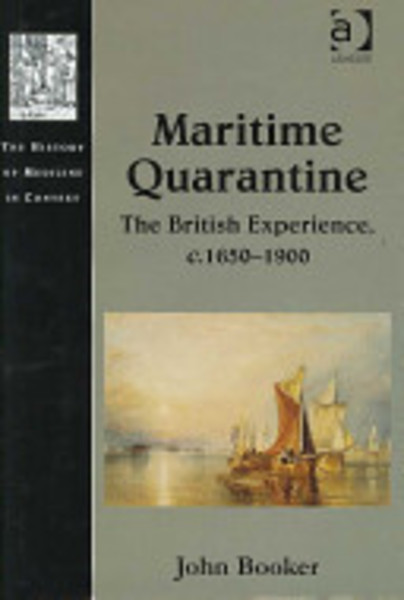As a maritime trading nation, the issue of quarantine was one of constant concern to Britain. Whilst naturally keen to promote international trade, there was a constant fear of importing potentially devastating diseases into British territories. This groundbreaking study examines the methods by which British authorities sought to keep their territories free from contagious diseases, and the reactions to, and practical consequences of, these policies. Drawing upon a wealth of documentary sources, a vivid picture is painted of this controversial episode of British political and mercantile history. It concludes that quarantine was a peculiarly British disaster, that whilst not fatally hindering economic development, certainly irritated the mercantile elites and remained a source of constant political friction for many years. As such, an understanding of British maritime quarantine provides a fuller picture of attitudes to trade, culture, politics and medicine in the eighteenth and nineteenth centuries. Contents: Preface; The 17th century; Menace from the Baltic: policy and procedure; Menace from the Baltic: mercantile worries; The French infection; Meddling in the Mediterranean; Messina and the aftermath; Elusive aspirations; Foul-bill dilemma; Painful progress; Kentish fiasco; Malta: war, peace and plague; The disbelievers; Mediterranean misery; Countdown to cholera; Trying to confer; A stubborn demise; Glossary; Bibliography; Appendices; Index.
MARITIME QUARANTINE : The British Experience, c.1650-1900
$40.00
Sold Out
Additional Information
| Author | John Booker |
|---|---|
| Number of pages | 624 |
| Publisher | Ashgate |
| Year Published | 2007 |
| Book Condition | VG+ (Very Good plus) |
|---|---|
| Binding Type | Hardcover in Dustjacket |
